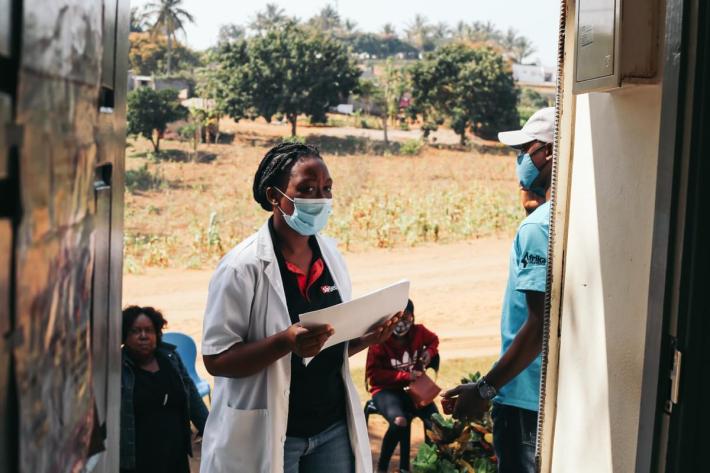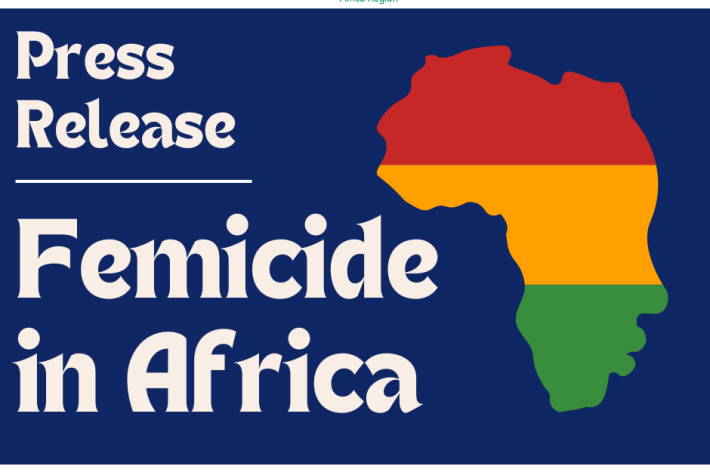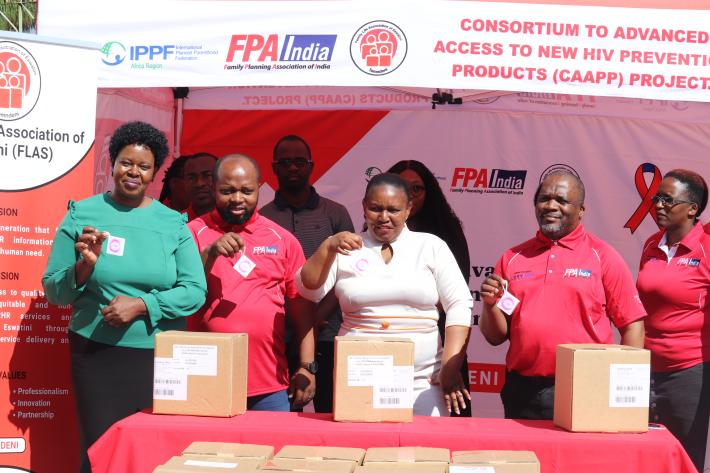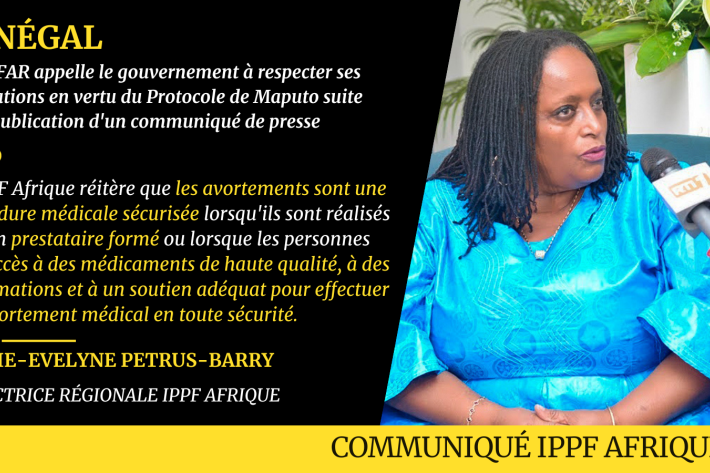Latest press releases
A selection of stories from across the Federation
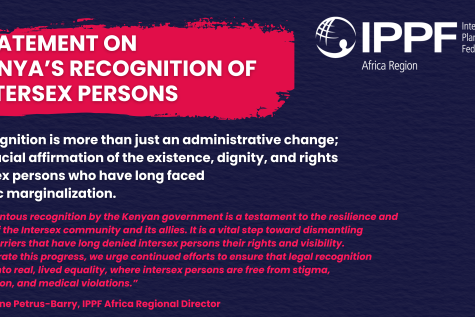
Kenya
IPPF Africa Region Welcomes Kenya’s Landmark Recognition of Intersex Persons
IPPF Africa Region Welcomes Kenya’s Landmark Recognition of Intersex Persons Nairobi, Kenya: 13 February 2025 – On 31 January 2025, Kenya has taken a groundbreaking step towards inclusivity and human rights by officially recognizing intersex as a sex marker alongside male and female in the Kenya Legal Notice 153 of 2025.


| 28 July 2022
Abortion hearings: What’s going on in Namibia?
Namibia is under the spotlight this month as it resumes public hearings on abortion on 16 January. This follows the hearings which took place late last year, and will hopefully play an important role in the liberalization of abortion laws in the country. The current laws regulating abortion are no longer fit for purpose – not least because the Abortion and Sterilisation Act of 1975 was adopted under apartheid South African rule and has since been repealed in South Africa. The Act currently permits abortion only in very limited circumstances, and imposes criminal penalties on women who obtain and those who perform abortions outside of this limited scope. Those who can afford it are forced to travel to South Africa for abortion care, but this option is out of reach for many women. The law, therefore, impacts far more heavily on poor and black women, perpetuating the cycle of poverty and reinforcing injustices. In 2020, 62,000 Namibians signed a petition calling for the liberalization of abortion laws, so there is certainly public backing for progress. The upcoming hearings are a key opportunity to make positive changes in the lives of all women, regardless of religious beliefs, age, race, and socioeconomic status.

| 28 July 2022
Namibia: High Court rules against same-sex couples fighting for recognition of their marriages
The IPPF Africa region is concerned by the Namibian High Court ruling on the application of non-Namibian same-sex spouses to live and work in the country. It is the latest legal battle to push for equal rights in the country. According to the High Court’s judge, Hannelie Prinsloo, the legal decision was based on an outdated law preventing the LGBTI+ community from enjoying equal human rights across the country. IPPFAR strongly encourages African Governments to review and adapt outdated laws to reflect today’s societal realities ensuring the full enjoyment of human rights for all.











